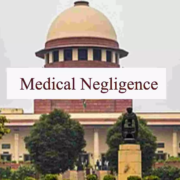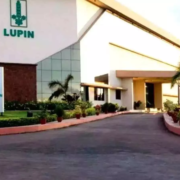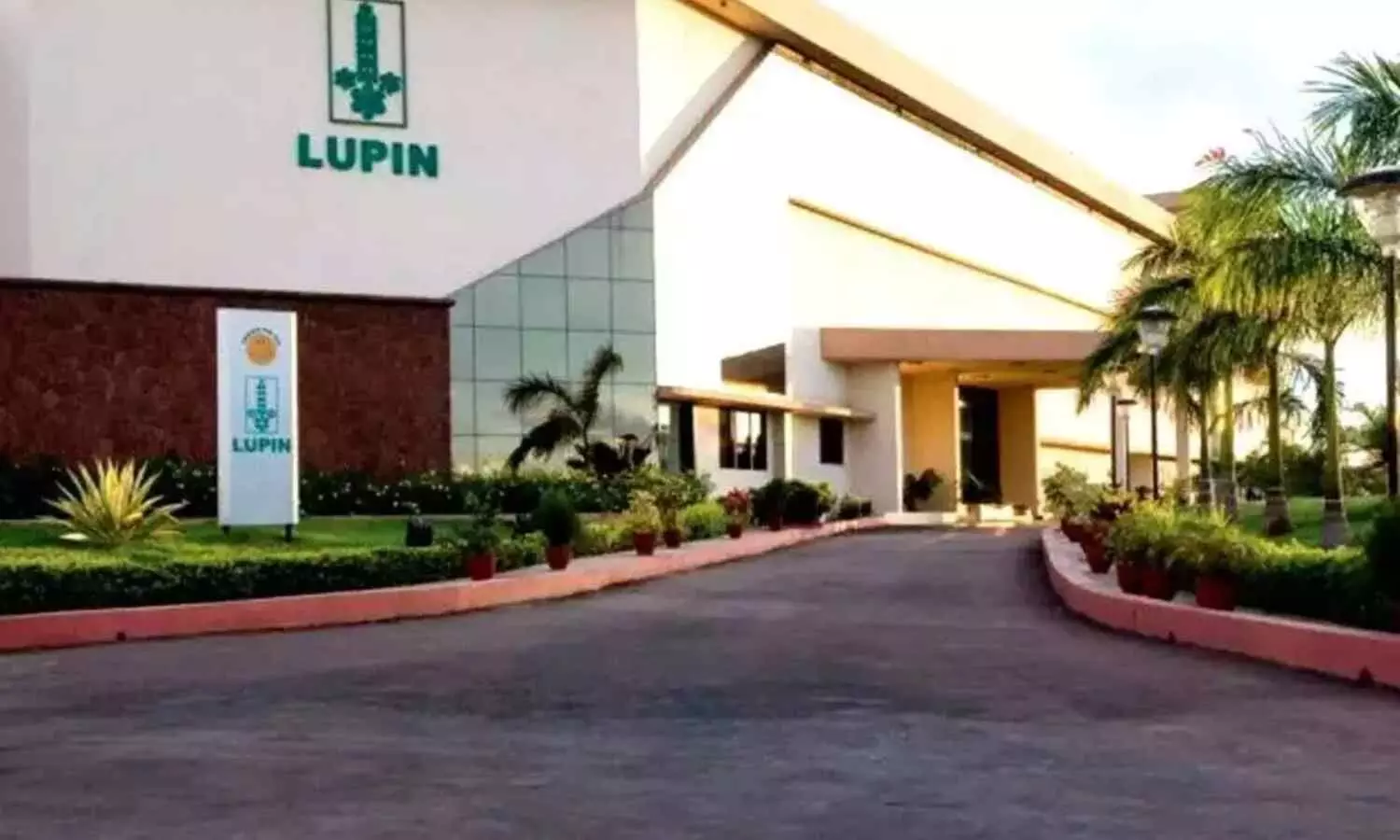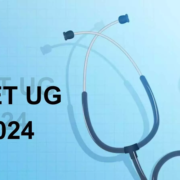SC holds Medical Negligence during Appendicitis Surgery, rejects NCDRC’s Application of Eggshell-Skull Rule
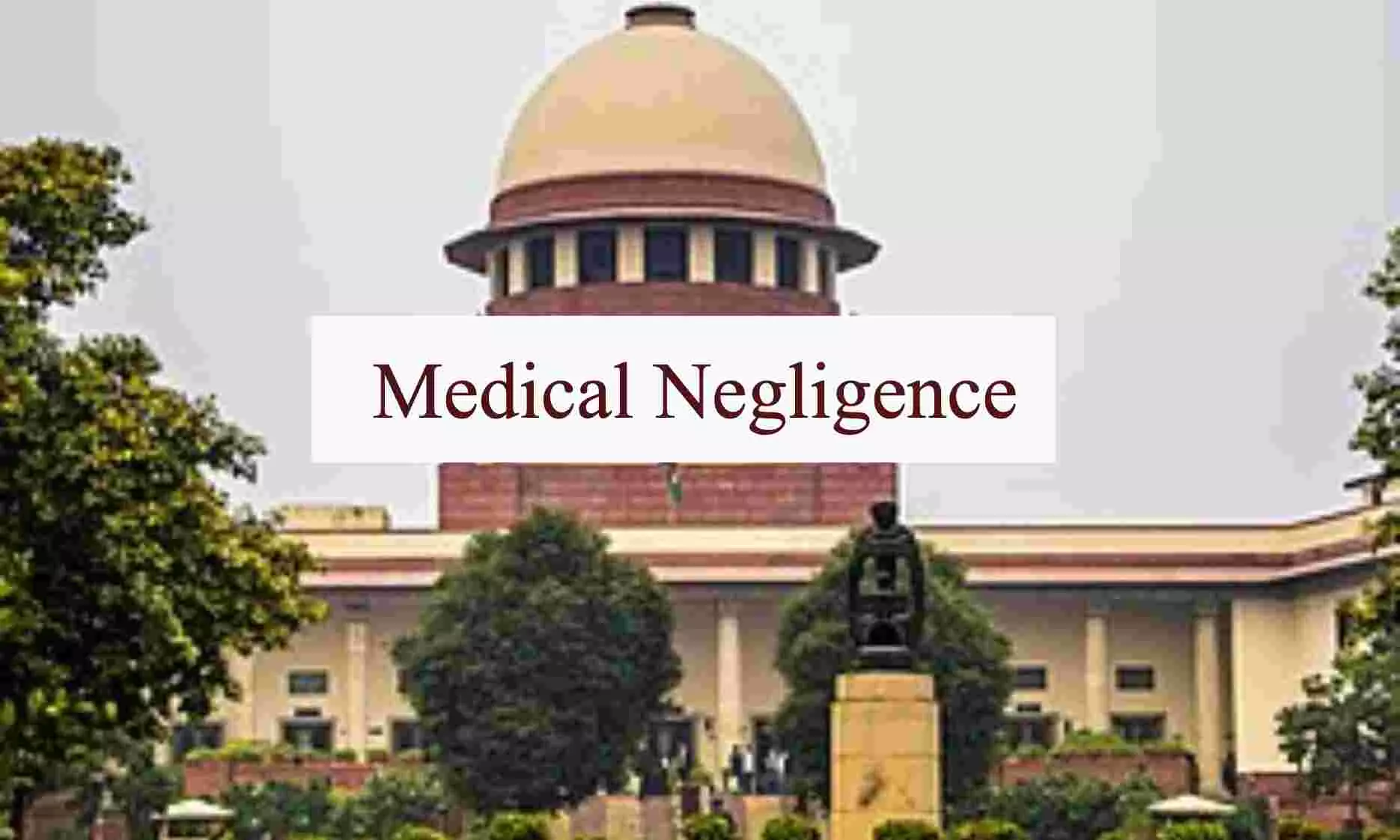
New Delhi: Setting aside the order of the National Consumer Disputes Redressal Commission (NCDRC), which had reduced the compensation awarded to a patient for medical negligence during appendicitis surgery, the Supreme Court has enhanced the amount to Rs 5 lakh. The apex court noted that the patient suffered persistently post-surgery due to a deficiency in service by the doctor and the hospital.
The treating hospital based in Mandi, Himachal Pradesh and its doctors were held negligent for leaving a needle during the surgery back in 2005. While considering the matter, the Apex Court bench of Justices Sanjay Karol and Aravind Kumar restored the order passed by the District Consumer Court after it rejected NCDRC’s decision to apply the ‘Eggshell-Skull Rule’ in the case.
“A person who has an eggshell skull is one who would be more severely impacted by an act, which an otherwise “normal person” would be able to withstand. Hence the term eggshell to denote this as an eggshell is by its very nature, brittle. It is otherwise termed as “taking the victim as one finds them” and, therefore, a doer of an act would be liable for the otherwise more severe impact that such an act may have on the victim,” the Supreme Court noted.
“In regard to the application of the Eggshell-Skull Rule, we may observe that the impugned judgment is silent as to how this rule applies to the present case. Nowhere is it mentioned, as to what criteria had been examined, and then, upon analysis, found to be met by the claimant-appellant for it to be termed that she had an eggshell skull, or for that matter, what sort of pre-existing condition was she afflicted by, making her more susceptible to such a reaction brought on because of surgery for appendicitis,” the Supreme Court bench observed.
The history of the case goes back to 2005, when the petitioner patient was admitted to Suket Hospital, Mandi, Himachal Pradesh and had her appendicitis removed by a senior surgeon of the hospital Dr. Chauhan. After the surgery, she was discharged. However, following this, she suffered continuous pains near the surgical site and had to get readmitted after around one month. She was discharged the next day with the assurance that no further pain would be suffered by her.
Later, she was treated by another Dr. Vaidya of Mandav Hospital, Mandi, on the reference of Dr. Chauhan. However, allegedly her suffering did not end and it continued for a period of four years.
Eventually, the patient approached the Post Graduate Institute of Medical Science, Chandigarh and after investigation, it was found that a 2.5 cm foreign body (needle) was “present below the anterior abdominal wall in the preveside region just medial to previous abdominal scar (Appendectomy)” for which a further surgery was required for its removal.
Thereafter, alleging negligence by Suket Hospital, the patient filed a consumer complaint and claimed compensation of Rs 19,80,000 for the “huge pain and spent money on treatment”.
While considering the case, the District Consumer Forum, Mandi noted that the patient had to suffer physical pain for more than five years due to negligence and noting this, the Forum awarded Rs 5 lakh lump sum compensation to the Complainant.
The order was challenged before the State Commission, which noted that the “needle was not left at the site of surgery, at the Hospital of the appellants, when the complainant was operated for removal of appendicitis, yet from an overall reading of the pleadings and evidence on record, it can be said that surgery conducted at the clinic of the appellants, was the cause of pain…”
Therefore, the State Commission reduced the amount of compensation and directed the hospital and its doctors to pay Rs 1 lakh compensation for the physical pain, mental agony and expenses incurred by the appellant.
Consequently, the matter came to be considered by the NCDRC bench, which observed that the post-operative care provided by the hospital and doctors was casual and fell short of the standard of medical care. It opined that they had failed to investigate the non-healing surgical wound thereby constituting a deficiency in service.
The egg-skull rule was applied to hold an individual liable for all consequences of their act. The compensation awarded by the State Commission was enhanced to Rs.2,00,000. Therefore, challenging the NCDRC order, the appellant approached the Supreme Court bench seeking enhancement of the compensation.
Taking note of the earlier orders passed in the case, the Supreme Court bench observed, “The factum of negligence on the part of the respondent Hospital as well as respondent No.2 has not been doubted, across fora. Although the State Commission had differed with the District Forum on the presence of the needle, the NCDRC, in para 5 of the impugned judgment and order, found the medical record to testify to the presence of a needle in the abdomen and also found that the respondent Hospital was found wanting in terms of post-operative care.”
The Apex Court noted that the primary ground alleged, in submitting that the finding of medical negligence is unjustified, was that there has been a recorded gap of time where the appellant did not suffer from any pain (1½ years). However, the bench noted that NCDRC observed her period of suffering to be more than 5 years,
“implying thereby that the gap in suffering aspect has not been accepted. No material has been placed before us to take a different view therefrom…we are only required to examine the sufficiency of compensation as awarded by way thereof. The same, though, cannot be appositely done without having appreciated pronouncements of this Court on the scope and purpose of the Consumer Protection Act; medical negligence; and compensation in such cases as also, the rule of tort law known as the ‘eggshell skull’ rule.”
In respect of the eggshell skull rule, which was applied by NCDRC, the Supreme Court bench noted that this rule holds the injured liable for damages that exceed the amount that would normally be expected to occur. It is a common law doctrine that makes a defendant liable for the plaintiff’s unforeseeable and uncommon reactions to the defendant’s negligent or intentional tort.
To put it simply, a person having an eggshell skull would be the one who would be more severely impacted by an Act, which an otherwise “normal person” would be able to withstand. “Hence the term eggshell to denote this as an eggshell is by its very nature, brittle. It is otherwise termed as “taking the victim as one finds them” and, therefore, a doer of an act would be liable for the otherwise more severe impact that such an act may have on the victim,” explained the Supreme Court.
The Supreme Court bench noted that in order to invoke and apply this rule appropriately, the person in whose case an adjudicatory authority applies must have a pre-existing condition falling into either of the four following categories.
It was noted by the Apex Court that the jurisprudence of the application of this rule, as has developed, (needless to add, in countries other than India) has fit into four categories- first, when a latent condition of the plaintiff has been unearthed; second, when the negligence on the part of the wrongdoer re-activates a plaintiff’s pre-existing condition that had subsided due to treatment; third, wrongdoer’s actions aggravate known, pre-existing conditions, that have not yet received medical attention; and fourth, when the wrongdoer’s actions accelerate an inevitable disability or loss of life due to a condition possessed by the plaintiff, even when the eventuality would have occurred with time, in the absence of the wrongdoer’s actions.
“As these categories and, the name of the rule itself suggest, the persons to whose cases this rule can be applied, are persons who have pre-existing conditions,” noted the Supreme Court bench.
Referring to previous legal precedent set by the courts across the world, the Supreme Court bench noted,
“we find the manner in which compensation stood reduced by the State Commission as also the NCDRC, vis-à-vis the District Forum to be based on questionable reasoning.”
The Supreme Court bench noted that the State Commission recognized that the appellant was not treated “with the care expected at a medical clinic”, and she had been suffering from persistent pain right from 2005 until December 2008, and the post-surgical care was deficient and “yet found it appropriate to reduce the compensation to a mere Rs.1 lakh. This clearly is not in line with the balance of interests required to be borne in mind while determining compensation.”
Similarly, referring to the NCDRC judgment, the Apex Court observed,
“The NCDRC observed that the claimant-appellant’s treatment at the respondent-Hospital was ‘casual’; that the excuse of having sought treatment at other hospitals was not available to the respondents and that she had suffered pain for more than 5 years apart from the case having been dragged on for more than a decade, and yet lumpsum compensation was only Rs.2 lakhs.”
“How could such compensation be justified, after observations having been made regarding the service rendered by the Hospital, being deficient, and the continuous pain and suffering on the part of the claimant-appellant, is something we fail to comprehend. Compensation by its very nature, has to be just. For suffering, no part of which was the claimant-appellant’s own fault, she has been awarded a sum which can, at best, be described as ‘paltry’,” it further noted.
In respect of the application of the Eggshell-Skull Rule, the bench observed that the judgment did not mention as to what criteria had been examined, and after analysis, was found to be met by the claimant-appellant for it to be termed that she had an eggshell skull. The NCDRC order did not specify what sort of pre-existing condition was she afflicted by, making her more susceptible to such a reaction brought on because of surgery for appendicitis, noted the Apex Court.
“If we take the rule as exposited by the NCDRC, even then it stands to reason that the record ought to have been speaking of a pre-existing vulnerability or medical condition, because of which the victim may have suffered ‘unusual damage’. However, none of the orders – be it District, State Commission or the NCDRC refer to any such condition,” it further noted.
With this observation, the Supreme Court bench set aside the NCDRC order and the order passed by the State Commission and restored the District Forum’s order of awarding Rs 5 lakh compensation.
The Supreme Court noted, “Considering the discussion as aforesaid, we deem it fit to set aside the Awards of the NCDRC as also the State Commission and restore the Award as passed by the District Forum, meaning thereby that a sum of Rs.5 lakhs ought to be paid expeditiously by the respondents to the appellant for being medically negligent and providing services deficient in nature. The sum of Rs.5 lakhs shall be accompanied by interest simple in nature @ 9% from the date of the award passed by the District Forum. The same be paid within a period of four weeks from the date of this judgment. Additionally, a cost of Rs.50,000/- be paid in terms of the cost of litigation. The appeal is accordingly allowed.”
To view the order, click on the link below:
https://medicaldialogues.in/pdf_upload/supreme-court-eggshell-skull-rule-236841.pdf
Powered by WPeMatico

